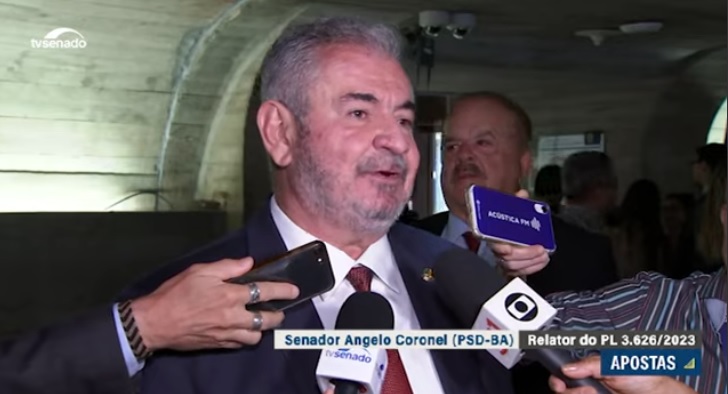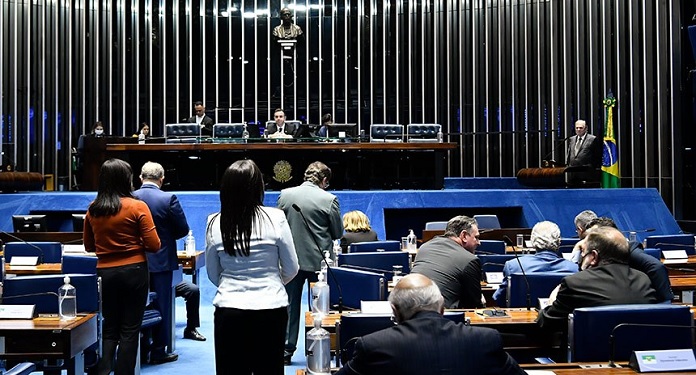After approval by the Economic Affairs Committee (CAE), the bill that provides for the regulation of fixed-odd sports betting (PL 3. 626/2023) must be voted on in the Senate Plenary this Wednesday, 29.
“We are not inventing games, games have existed for many years, just underground. I believe that now after this approval it will be fine because taxes will be charged from both companies and players. And who will benefit from this is the population Brazilian”, stated the project’s rapporteur, Senator Angelo Coronel.
However, permission for online games such as casino and slot machines can be removed from the text. “The issue of virtual games is also a discussion, but this goes to a vote. It will be highlighted and will be voted on”, declared Senator Jorge Kajuru.
Process of regulating sports betting
The project that defines the regulation of bets, the so-called fixed-odd sports bets, was processed simultaneously at the CAE, and at the Sports Commission (CEsp) simultaneously.
At CEsp, the matter was approved on the 8th. At CAE, approval occurred on November 22nd and the matter was sent to the Plenary with a request for urgency.

On the initiative of the Executive, the project passed through the Chamber and was approved by the deputies last September. The tendency is for changes to be made to the text considered by deputies. Therefore, the project must return to the House.
Rapporteur of the matter at CEsp, Senator Romário (PL-RJ) praised the proposal. In his report, he noted that the project has “great potential to increase tax revenue, as well as organize the fixed-odd betting market, allow supervision, actions to prevent manipulation of results, guarantee consumer rights and regulate the dissemination of advertising and propaganda”.
Tax
In addition to taxing betting applications, the text provides mechanisms to inhibit the manipulation of results and establishes rules for advertising these games.
Estimates from government members published in the press indicate a potential for revenue of between R$700 million and R$2 billion next year. Therefore, this project is one of the Federal Government’s priorities to achieve the fiscal target in 2024.




















































